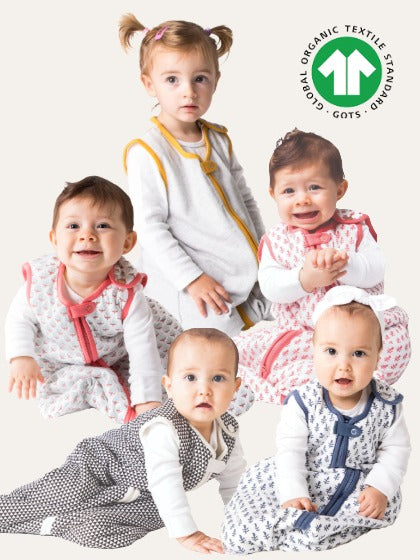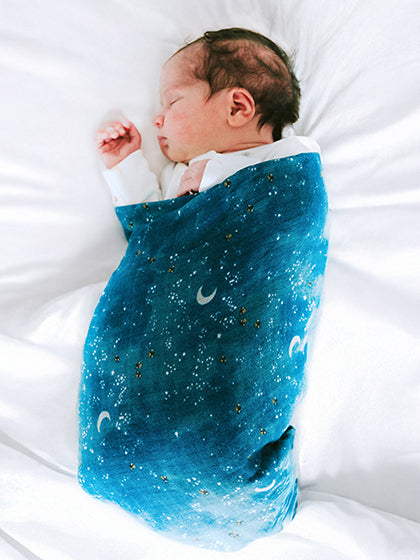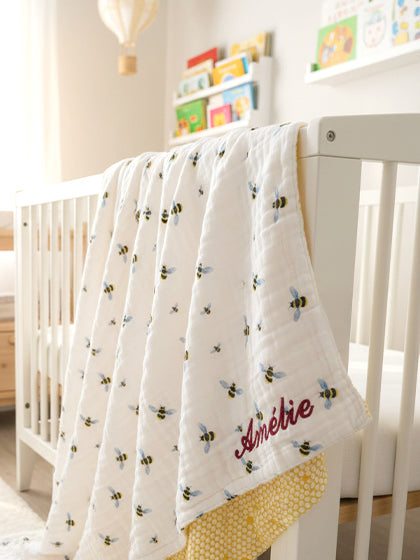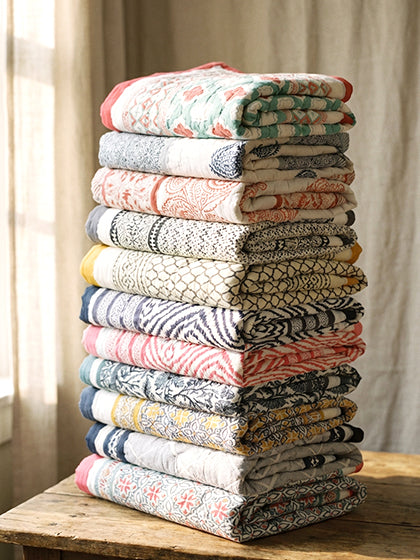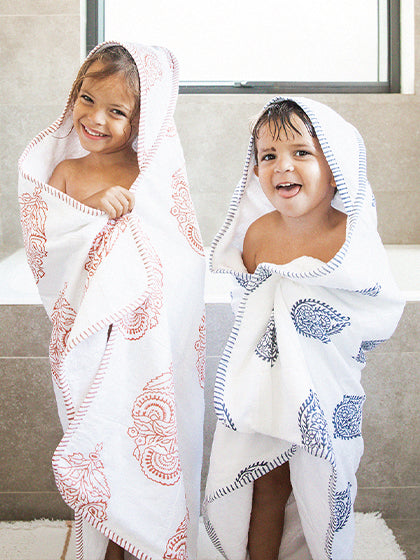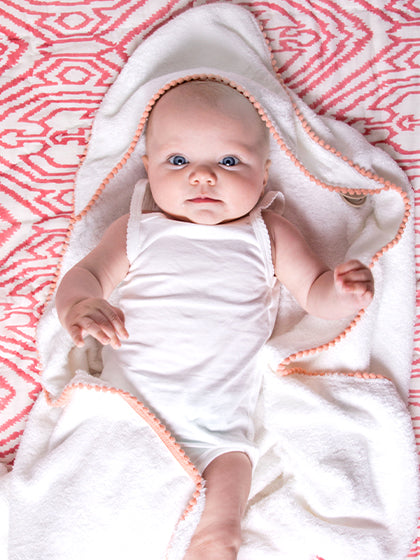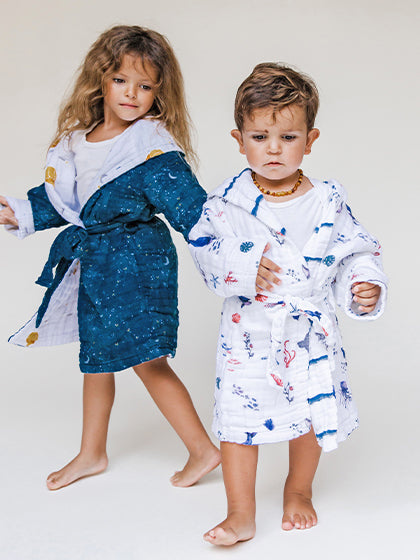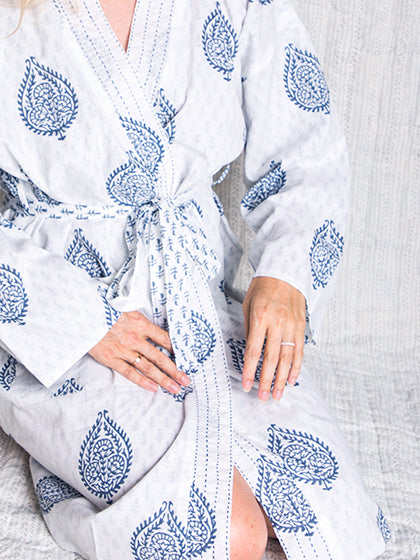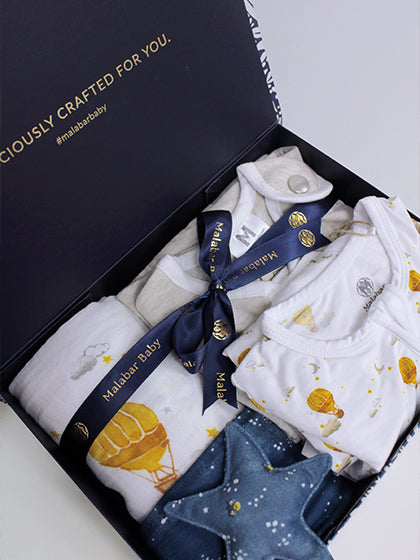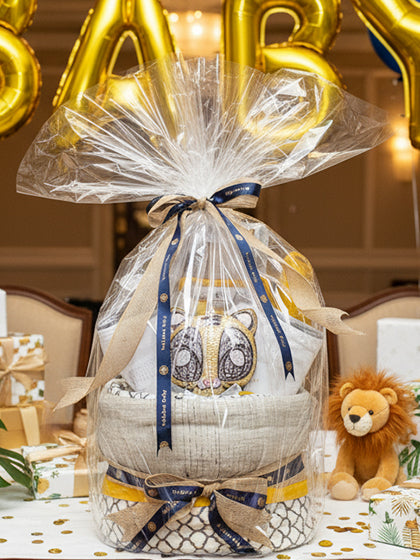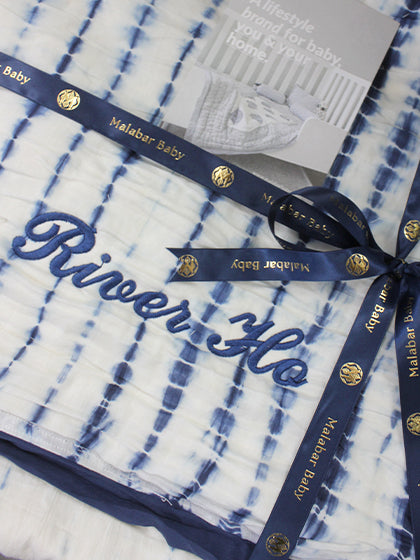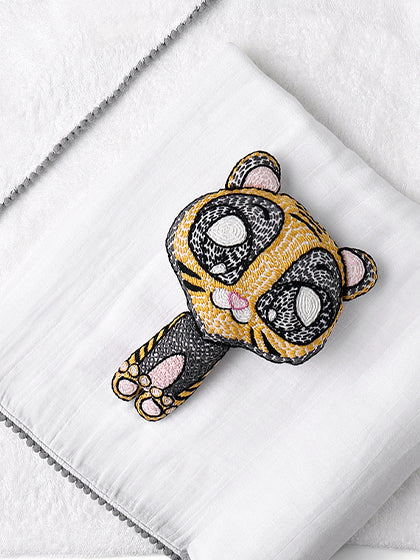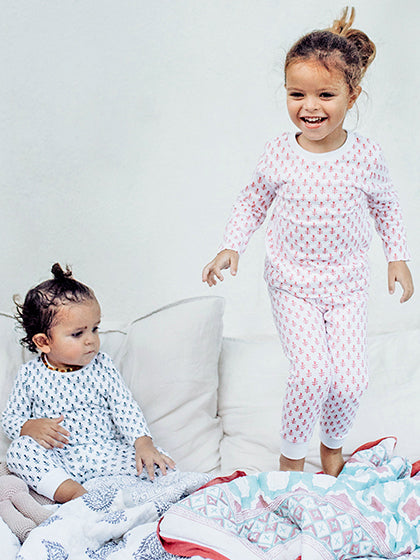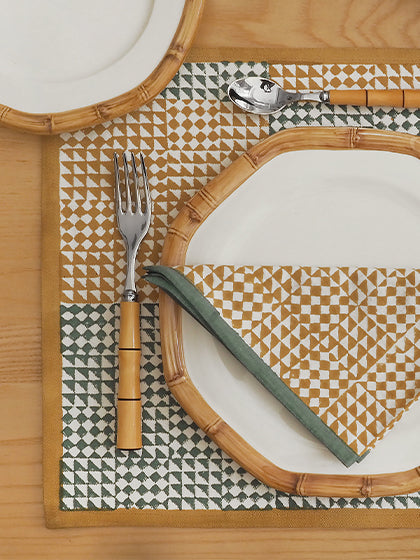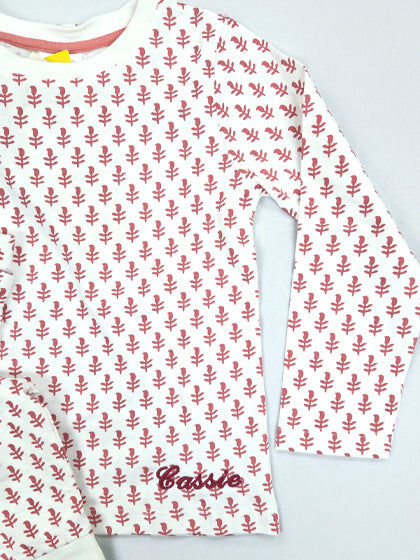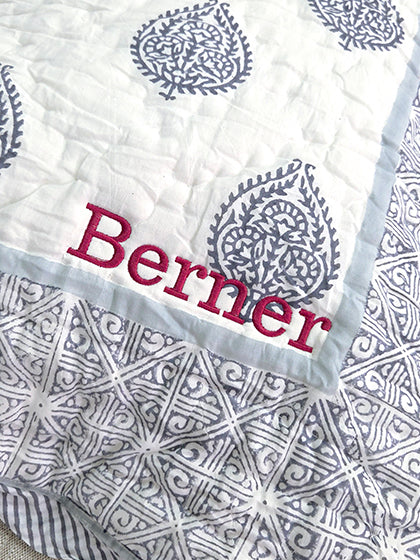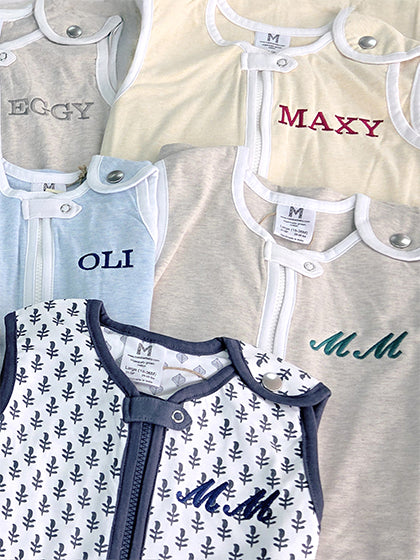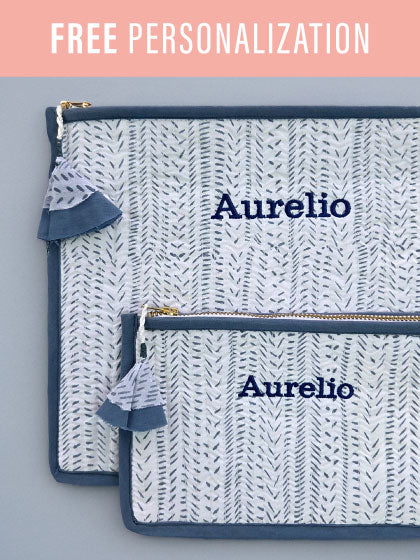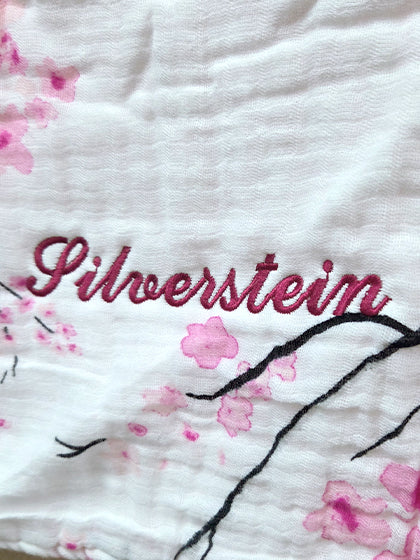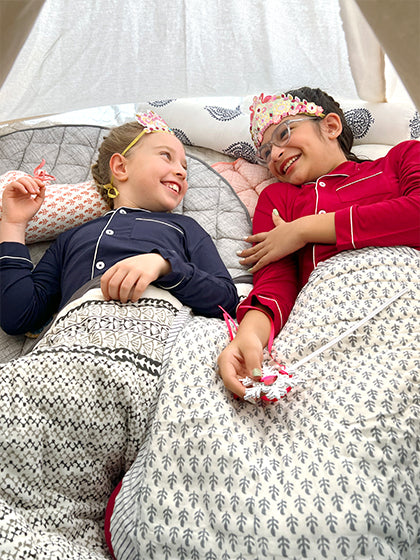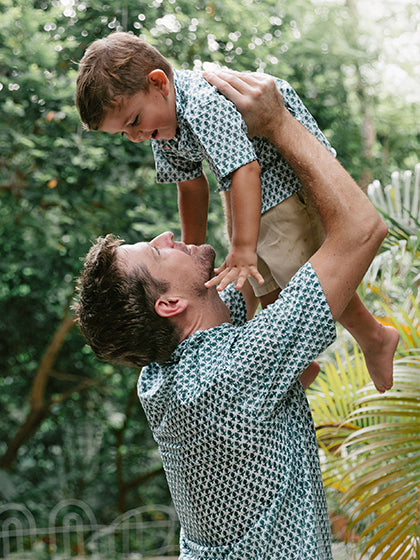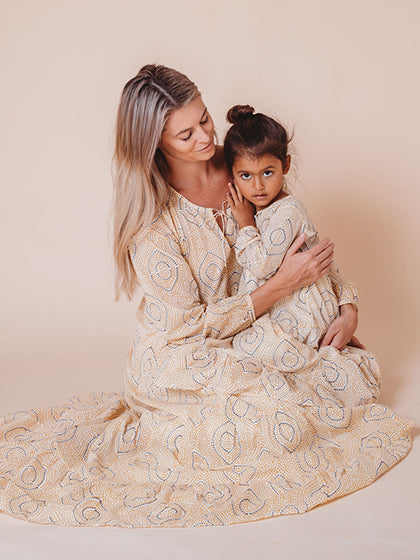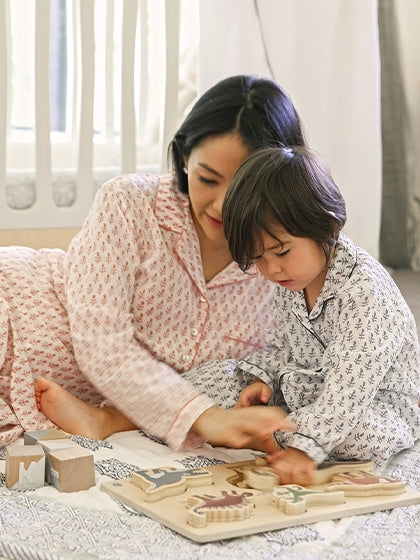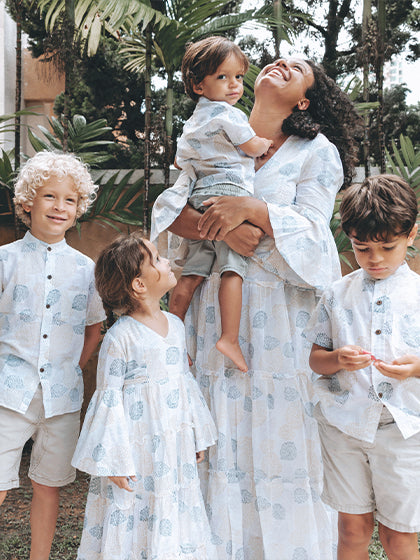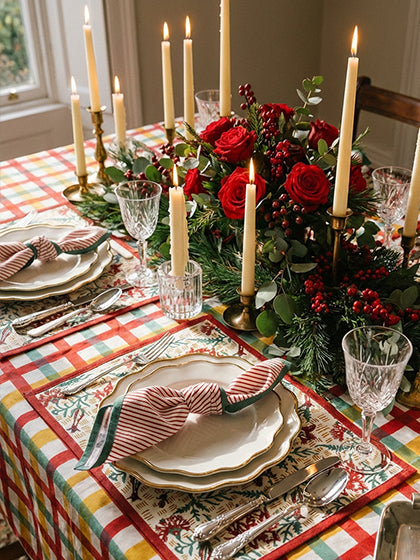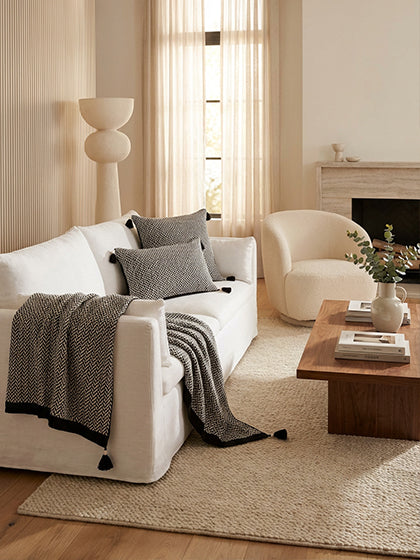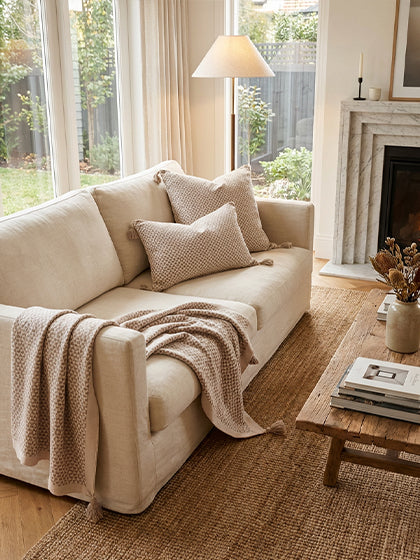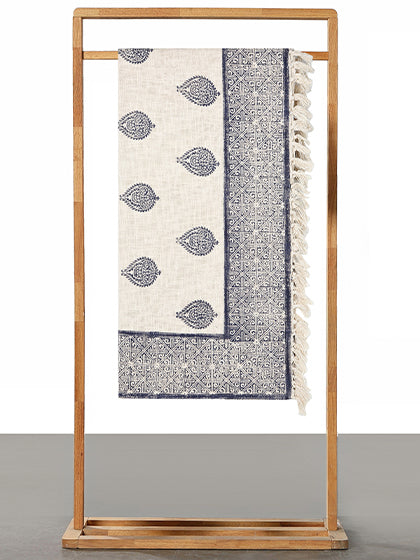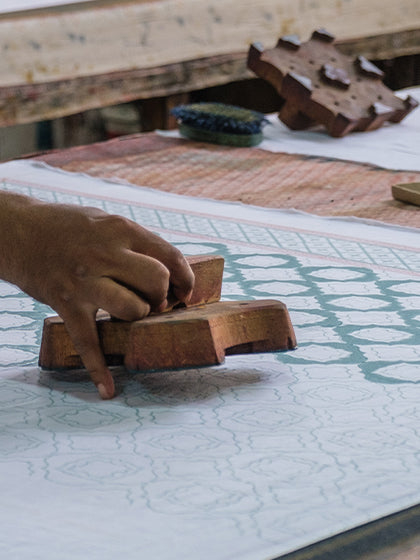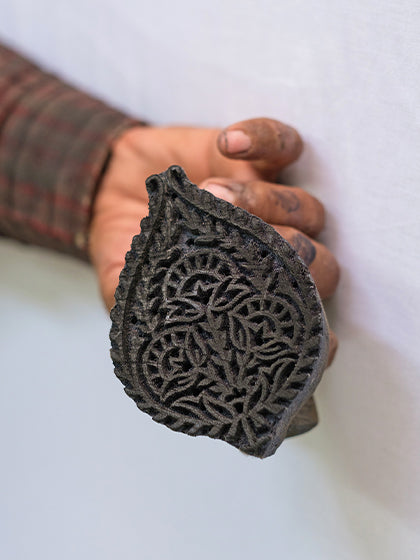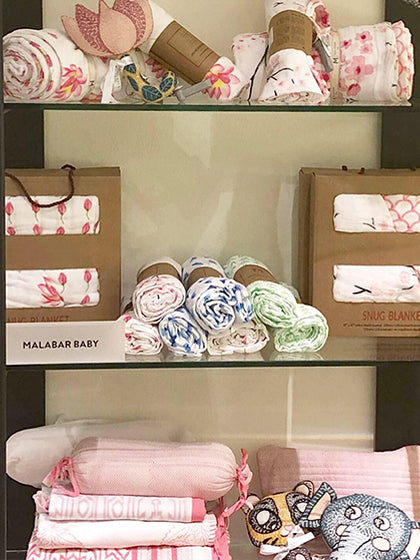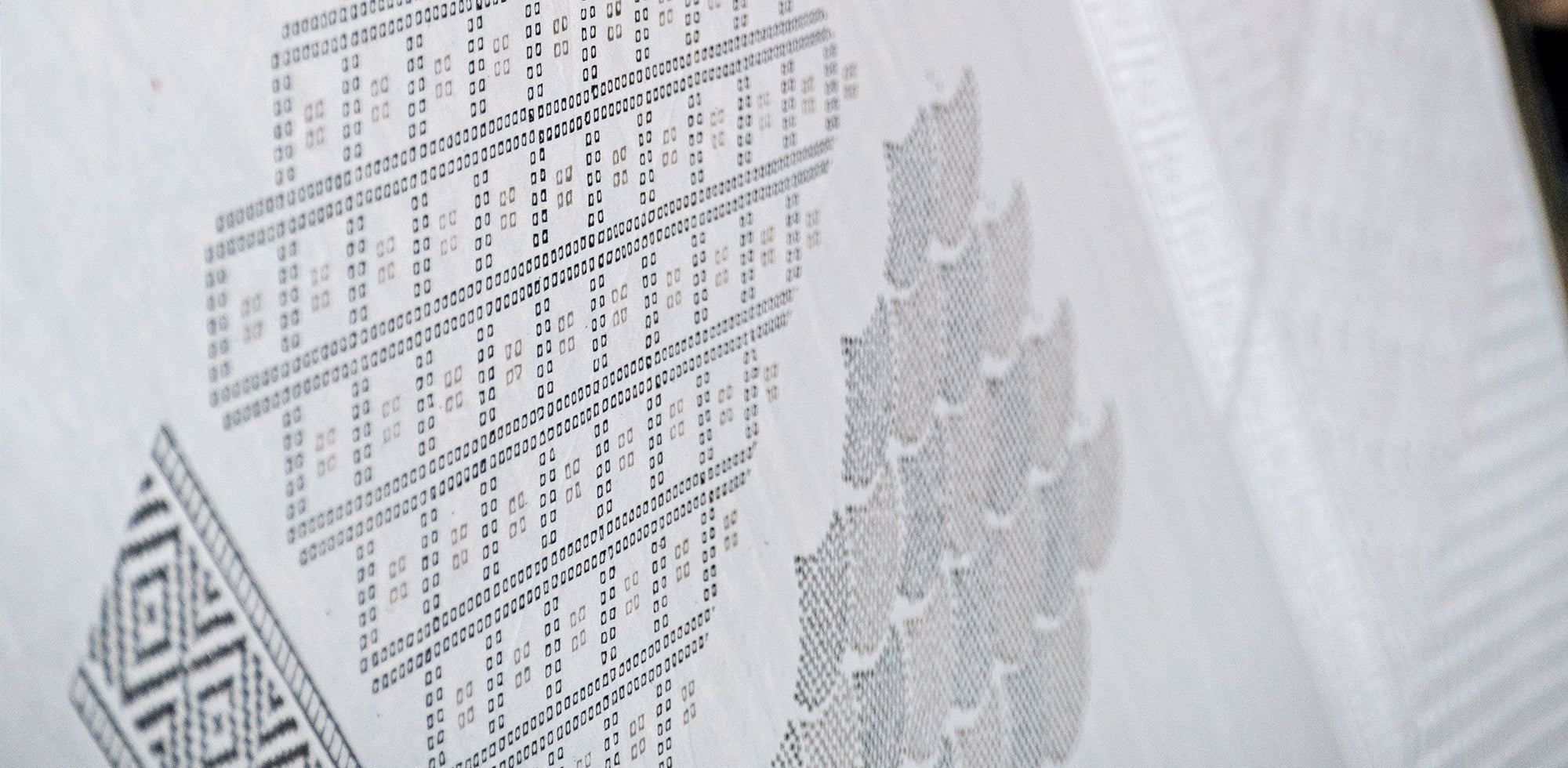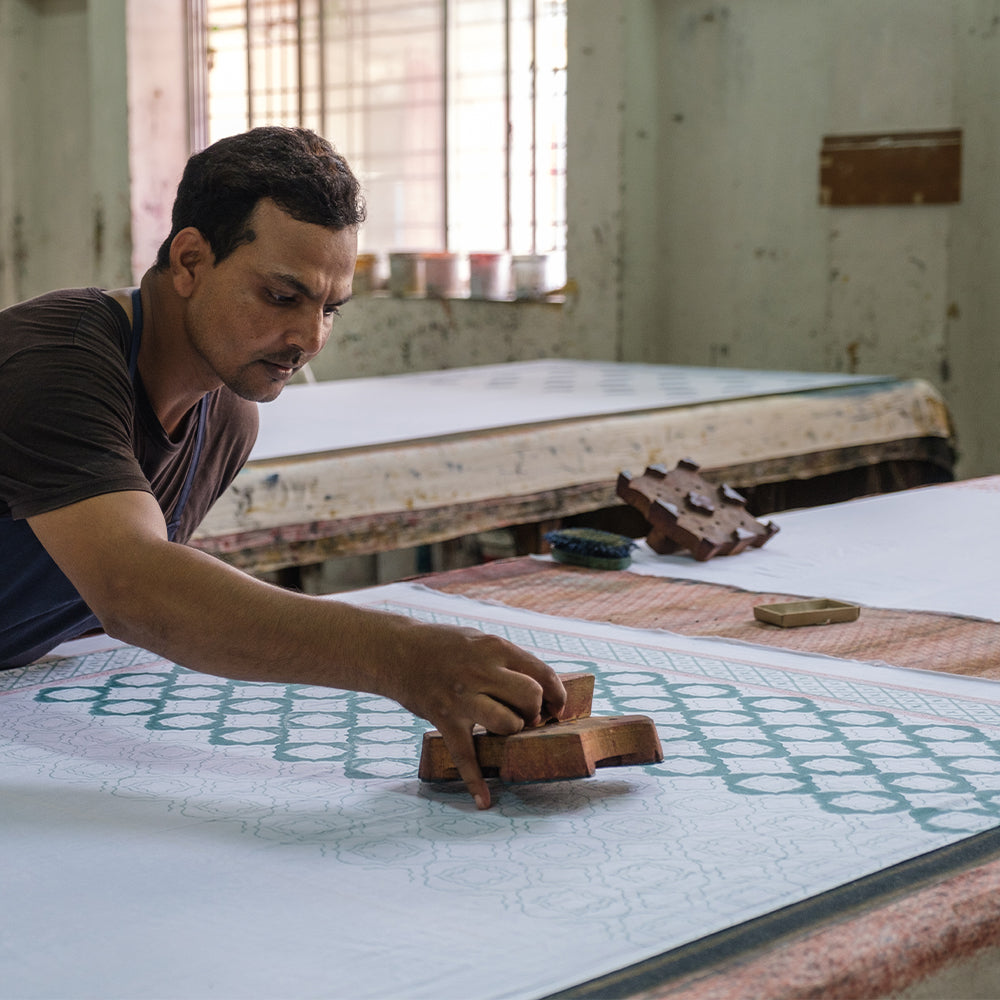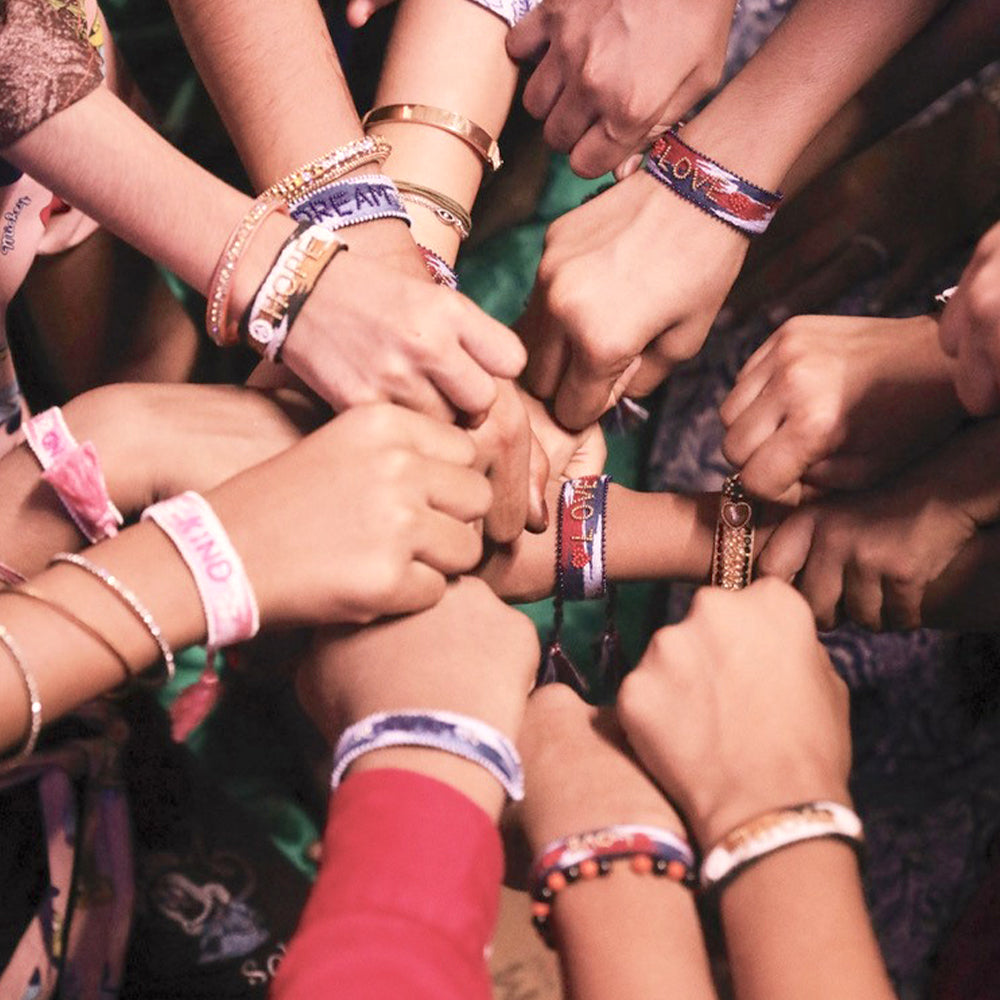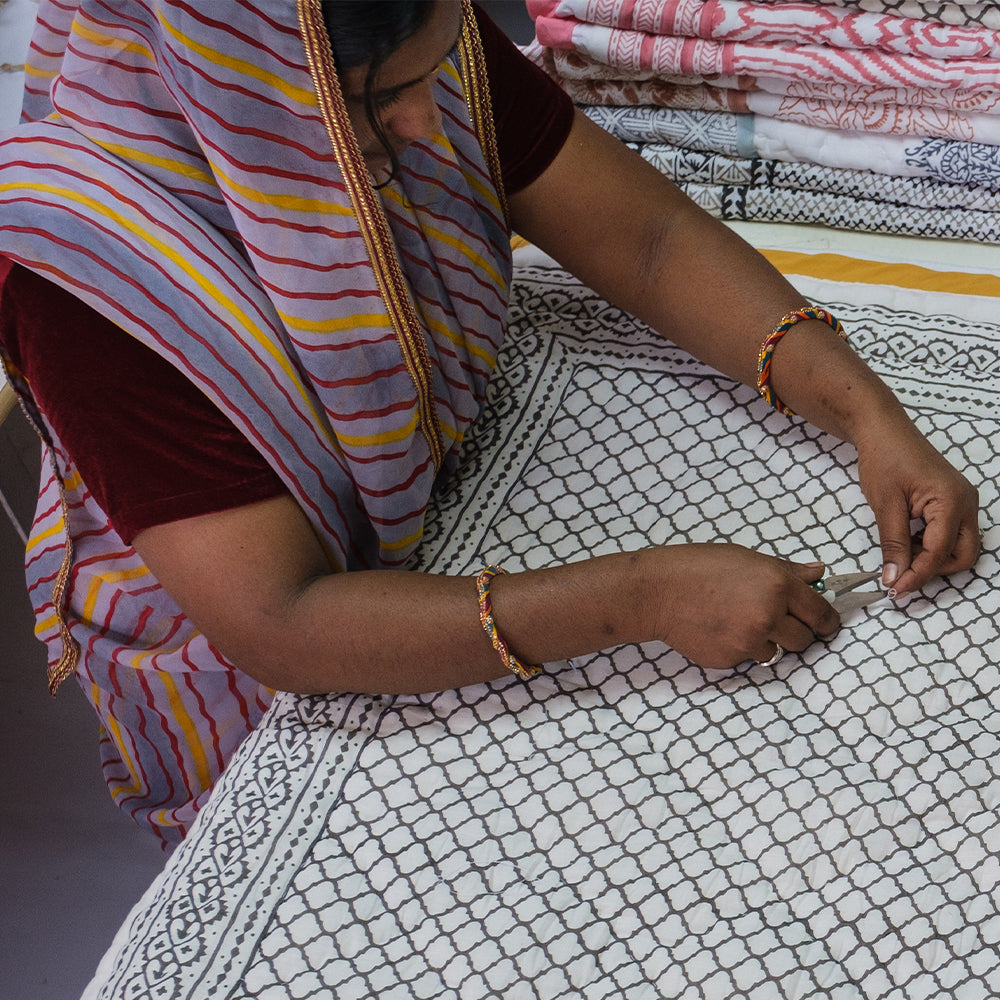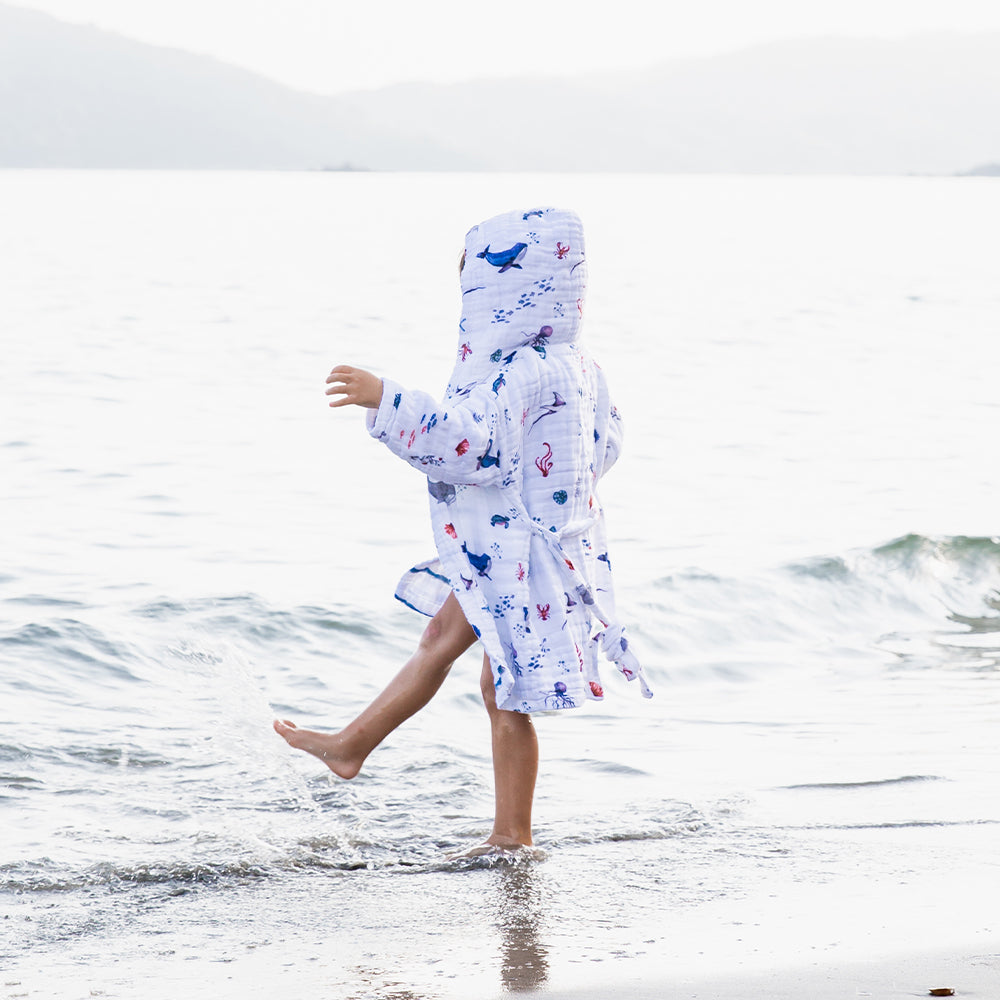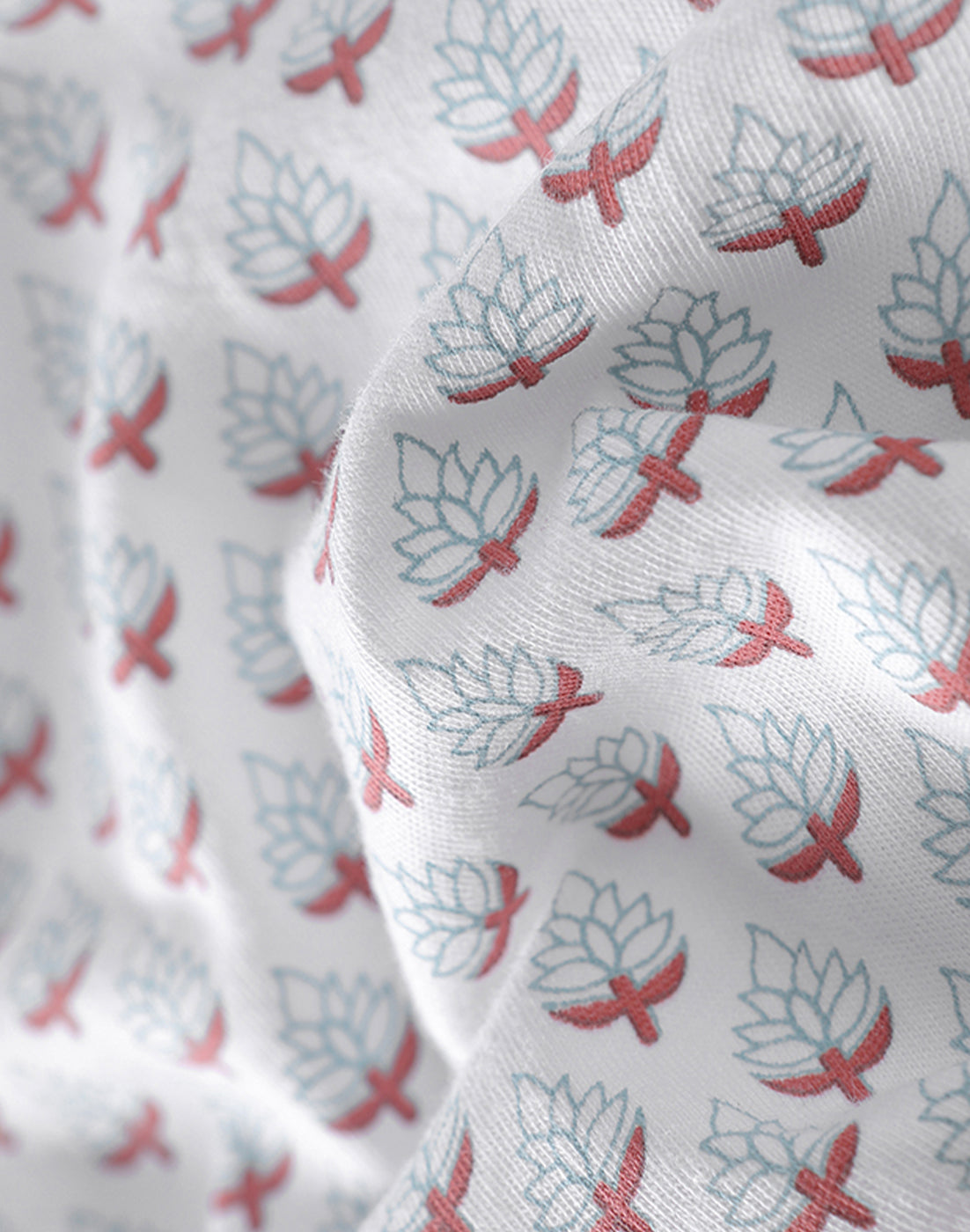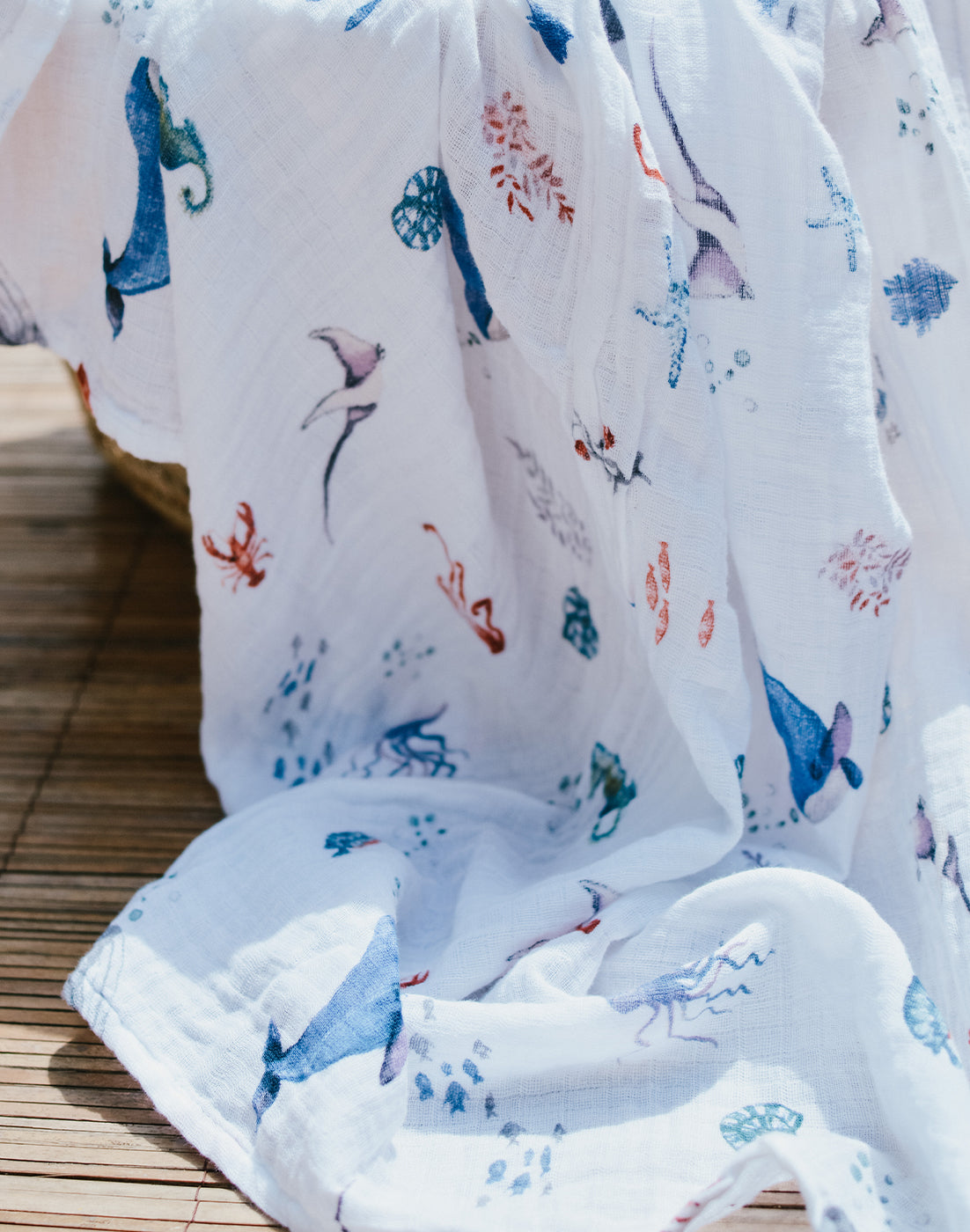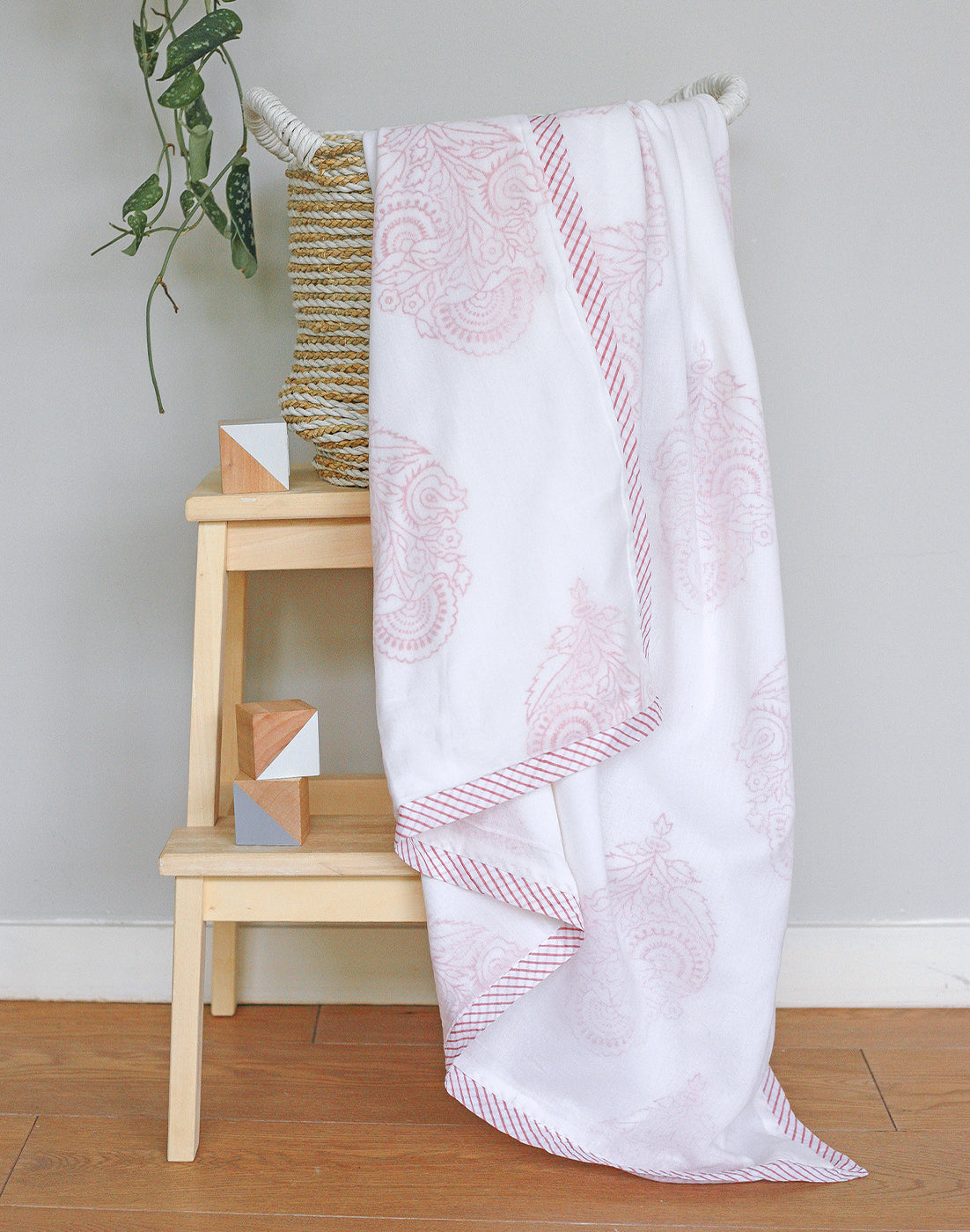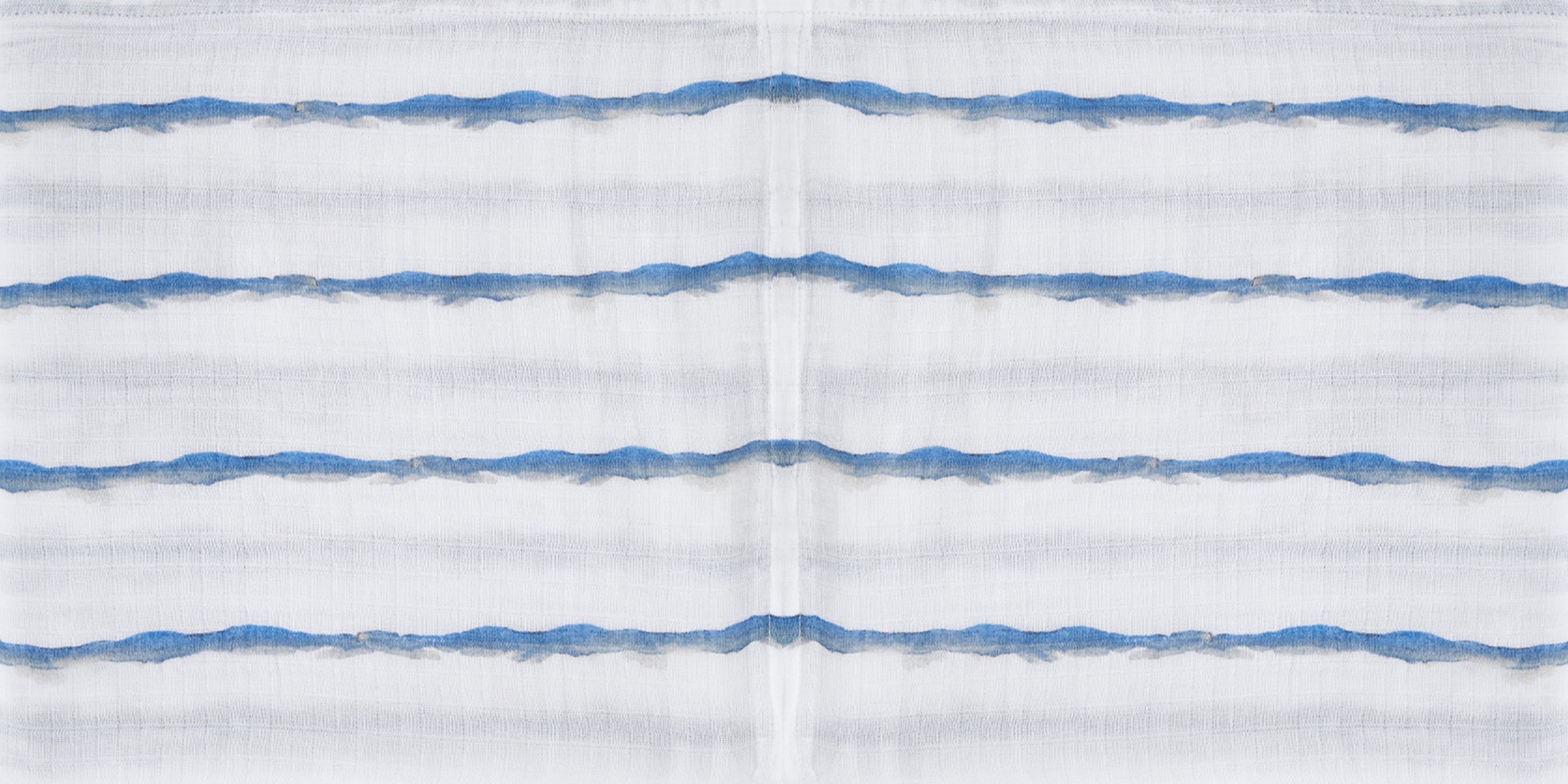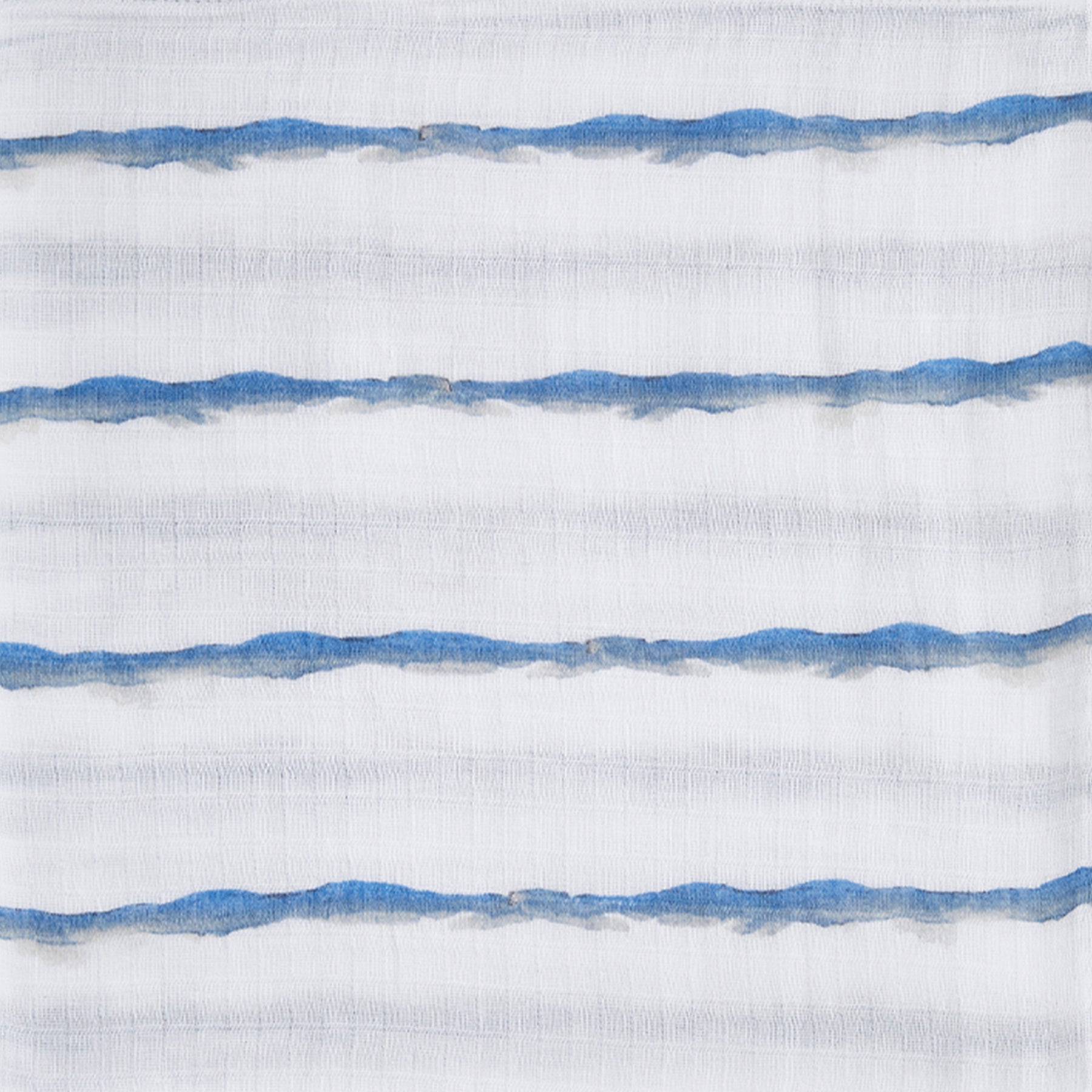our values
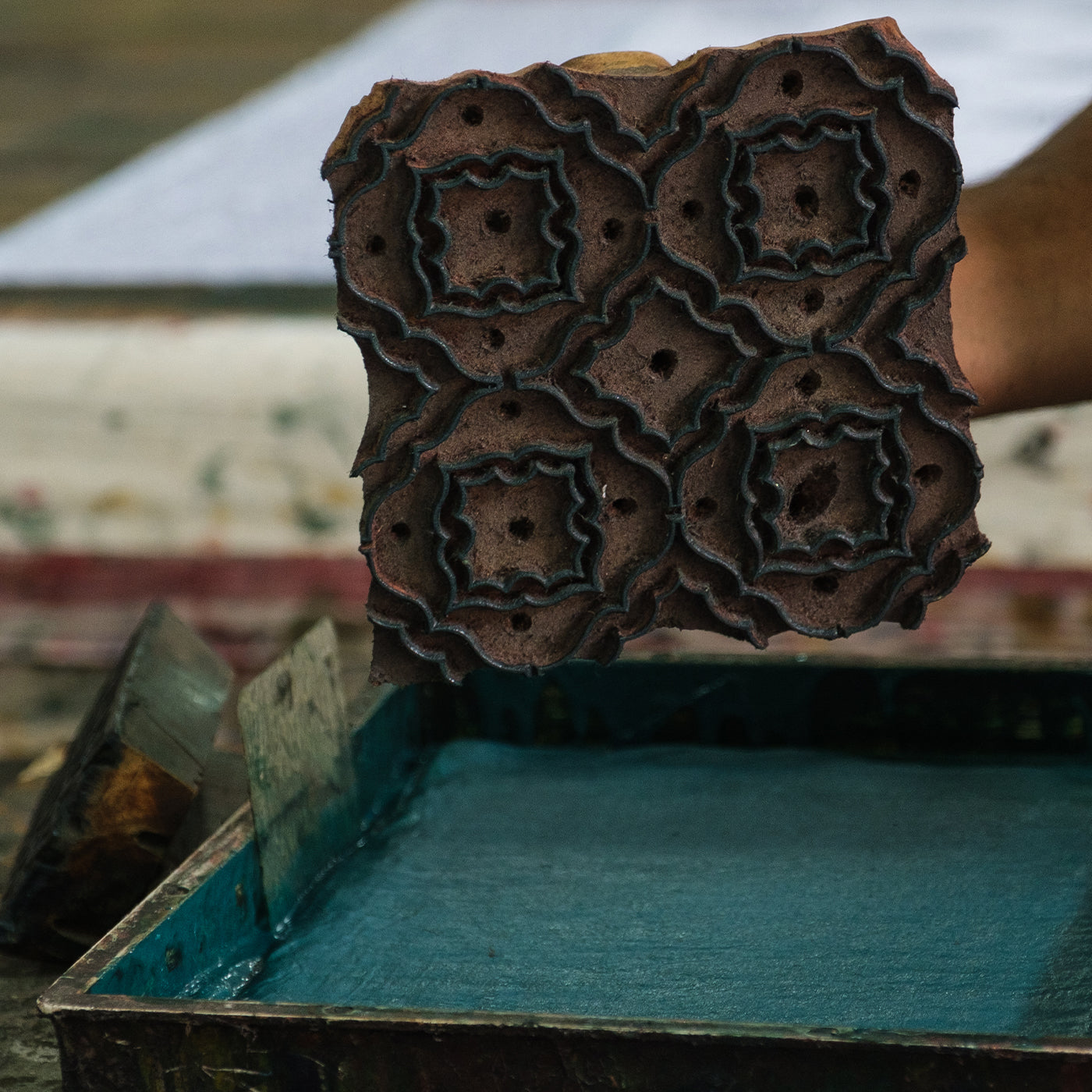
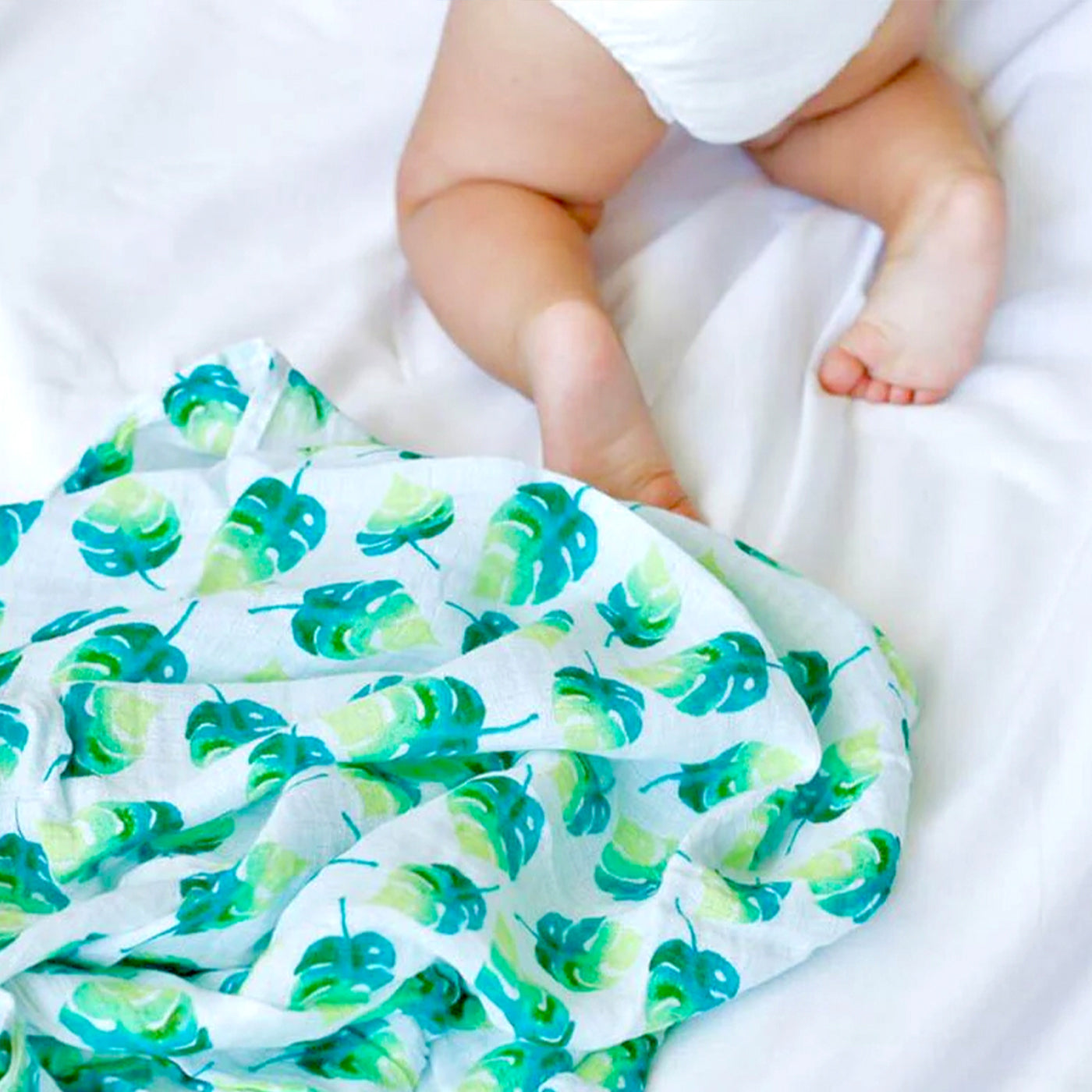
Soft and sustainable
From the day we started, we knew creating long-lasting sustainable products for you and your the whole family was our mission. Sustainability is not a trend or buzzword; it’s core to our culture.
Demand > supply, always
Yes, our products are often sold out, sorry! We operate a conscious supply-chain and only produce a few times a year. You will never find us in the clearance rack or in a landfill.
Our Materials

GOTS Certified Cotton
GOTS is the worldwide leading textile processing standard for organic fibres; assuring responsible manufacturing with the least chemical inputs. All our of Sleep Sacks, Knit PJs, Bibs, Hats & Accessories are made from GOTS Certified Organic Cotton.
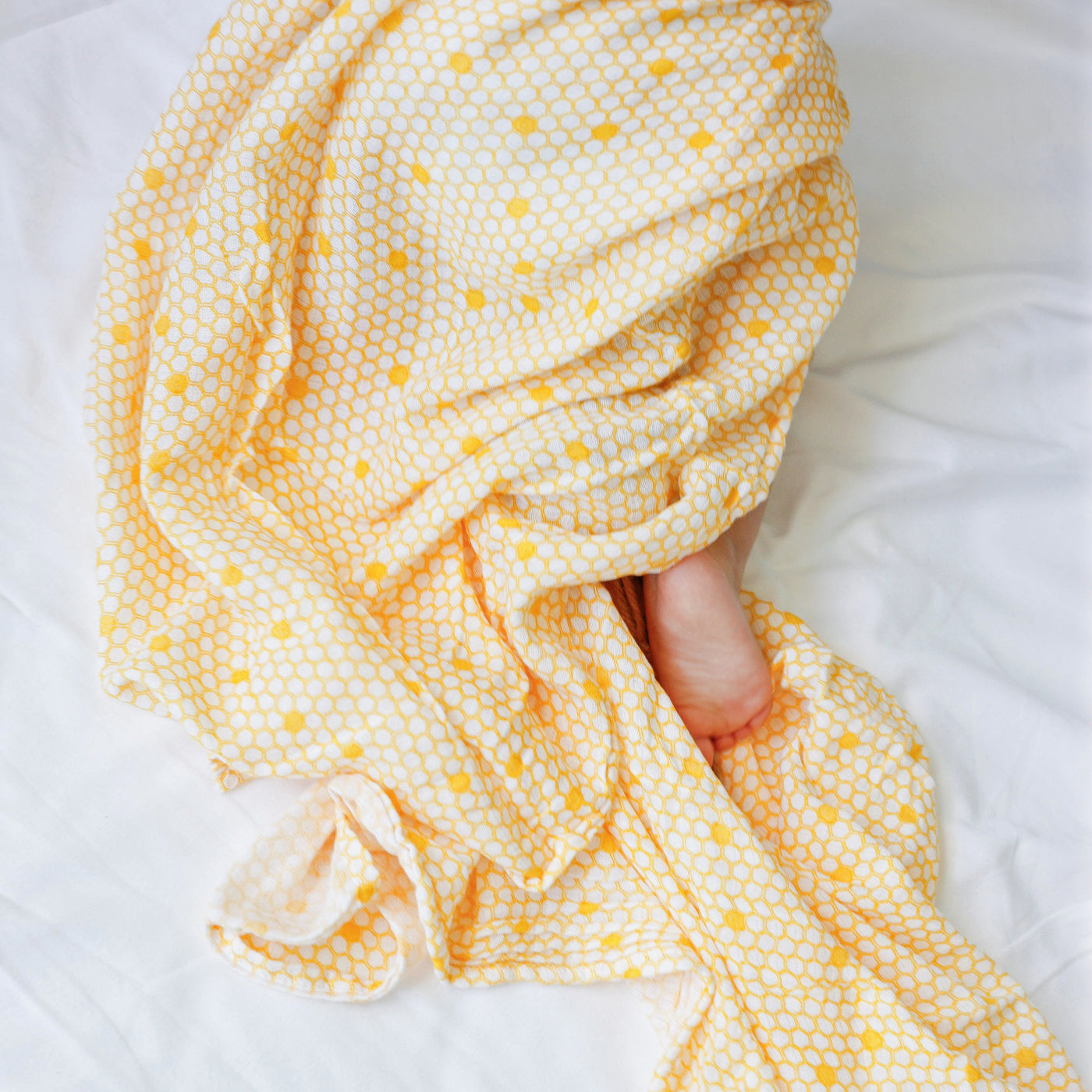
Organic Muslin
Muslin is a finely-woven fabric, smooth in texture with a wonderfully soft finish — perfect for daily newborn snuggles. Our organic muslin range is known for its breathability, extra open weave and chemical-free dyes.
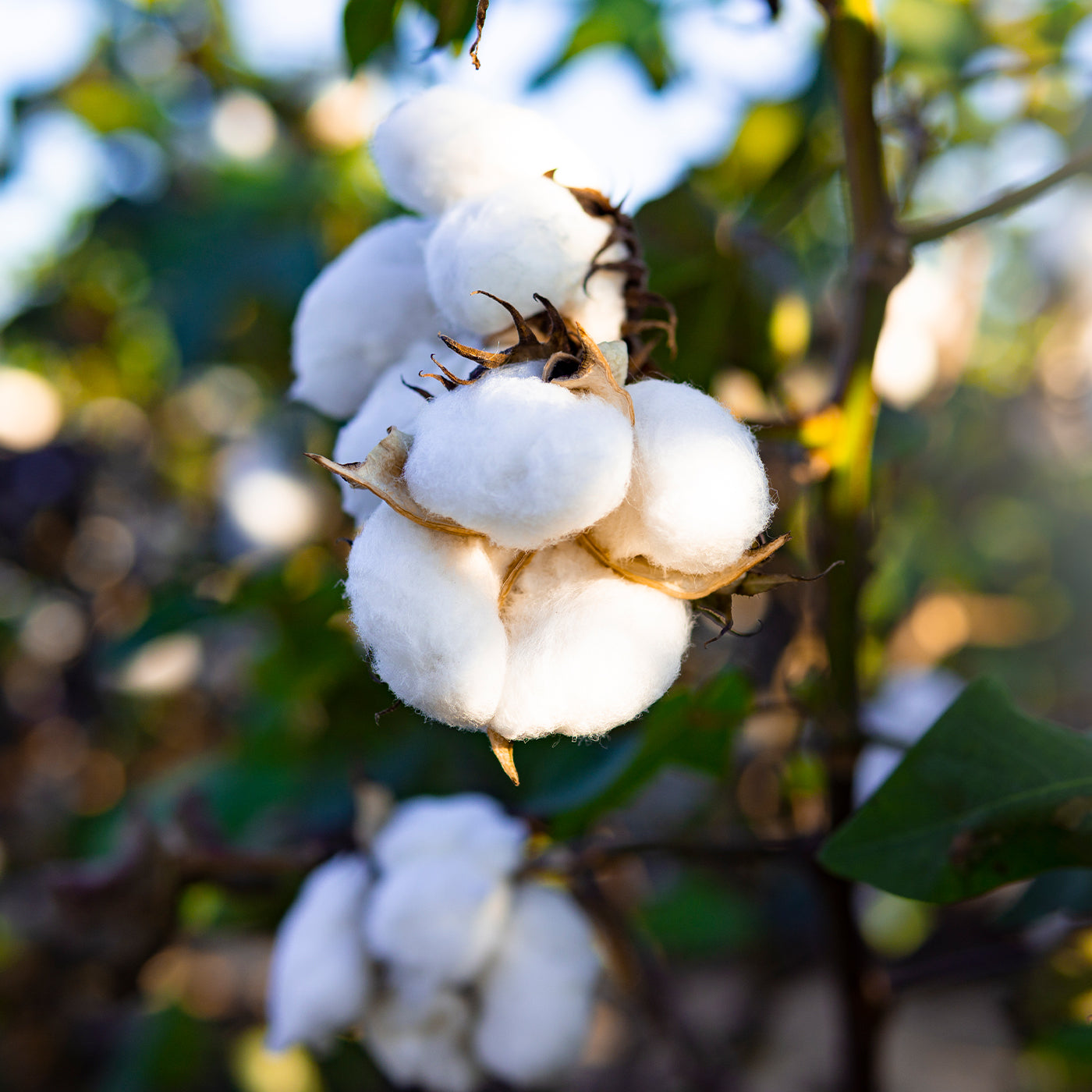
Natural Indian Cotton
India is known for its quality cotton. The source material we use is soft and cozy. Our Quilts, Dohars, Dining Collection, Dresses and Shirts are hand block-printed by artisans on pesticide-free natural Indian cotton voile.
Shop Sustainably
We all have the ability to shop wisely and mindfully. At Malabar Baby, as we innovate and create, we always keep in mind that our customers are modern families who share the same values as we do. Small steps towards being greener make a big impact, collectively.
We Practice What We Preach
Recycle + Reuse
Our leading manufacturer in India is a woman-founded key member of Jaipur Bloc, supported by the UK charity Traidcraft, focusing on water recycling across 20+ factories in India.
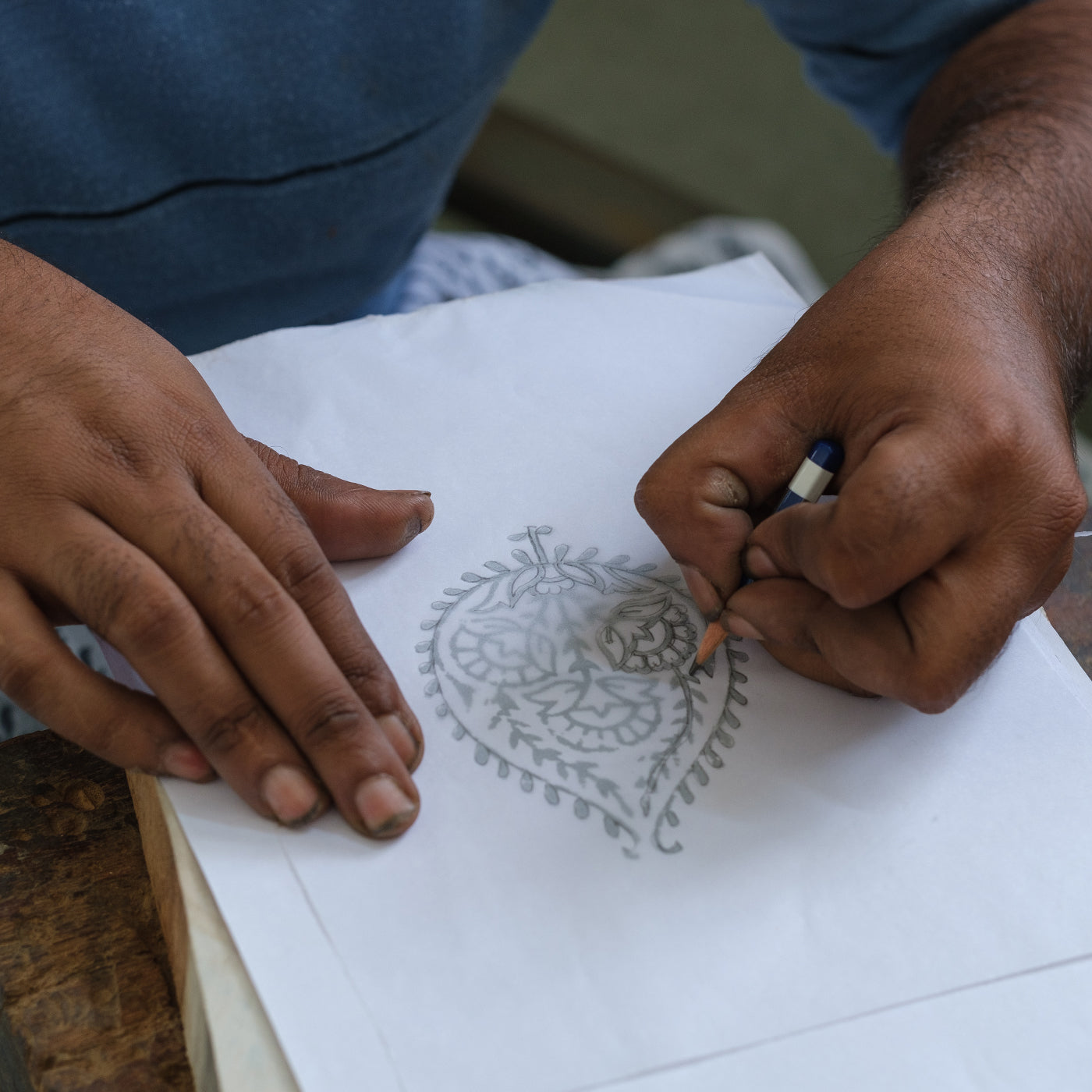
Artisanal Craftsmanship
For us, craftsmanship and sustainability really go hand-in-hand. Respecting years of cultural artistry means having to do things slowly and also make things that last; these are positive steps towards making our manufacturing processes and materials more sustainable.

